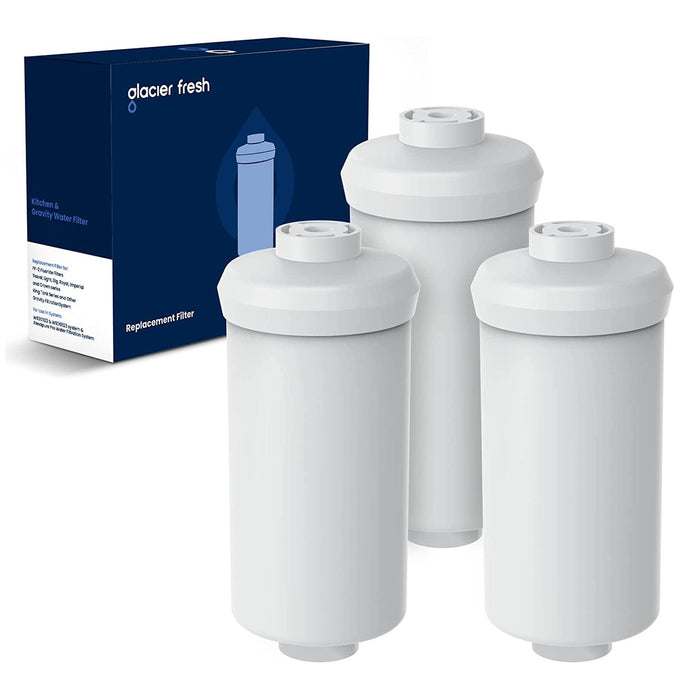Exploring the Cost-Effectiveness of Gravity Fed Water Filters for Industries
Body
Water is a vital resource for industries, and ensuring its quality is of utmost importance. One effective solution that has gained popularity in recent years is the use of gravity fed water filters. These filters offer a cost-effective and efficient way to purify water, making them an ideal choice for industries.

The Benefits of Gravity Fed Water Filters
Gravity fed water filters are designed to remove impurities and contaminants from water using the force of gravity. Unlike other filtration systems that require electricity or complex mechanisms, gravity fed filters rely on the simple principle of water flowing downwards.
One of the key benefits of gravity fed water filters is their cost-effectiveness. These filters do not require any external power source, which significantly reduces operational costs for industries. Additionally, they have a long lifespan and require minimal maintenance, further contributing to their cost-effectiveness.
Another advantage of gravity fed water filters is their versatility. They can be used in various industries, including manufacturing, food processing, and pharmaceuticals. Whether it's removing sediments, bacteria, or chemicals, gravity fed filters can effectively purify water to meet industry standards.
Enhancing Efficiency with Gravity Fed Water Filters
Gravity fed water filters are designed to maximize efficiency while maintaining cost-effectiveness. These filters utilize different filtration media, such as activated carbon, ceramic, and sediment filters, to target specific contaminants.
For example, activated carbon filters are highly effective in removing organic compounds, chlorine, and unpleasant odors from water. Ceramic filters, on the other hand, excel at removing bacteria and other microorganisms. By combining different filtration media, gravity fed filters can provide comprehensive water purification for industries.
Furthermore, gravity fed water filters can be customized to meet specific industry requirements. Industries can choose the size, capacity, and type of filtration media based on their water quality needs. This flexibility allows for tailored solutions that optimize efficiency and cost-effectiveness.
Case Studies: Cost Savings with Gravity Fed Water Filters
Several industries have already embraced the cost-saving benefits of gravity fed water filters. Let's explore a few case studies to understand their impact:
In the manufacturing sector, a textile factory implemented gravity fed water filters to remove impurities from their water supply. By doing so, they were able to reduce the frequency of equipment maintenance and increase the lifespan of their machinery. This resulted in significant cost savings and improved overall productivity.
In the food processing industry, a large-scale bakery installed gravity fed water filters to ensure the quality of their ingredients. By removing contaminants from their water supply, they were able to enhance the taste and texture of their products. This led to increased customer satisfaction and higher sales.
Lastly, in the pharmaceutical industry, a drug manufacturing company implemented gravity fed water filters to meet stringent regulatory requirements. By consistently producing purified water, they were able to avoid costly fines and maintain their reputation for producing high-quality medications.
Conclusion
Gravity fed water filters offer a cost-effective and efficient solution for industries to purify their water supply. With their versatility, customizable options, and proven cost savings, these filters have become a popular choice across various sectors.
By investing in gravity fed water filters, industries can ensure the quality of their water, reduce operational costs, and enhance overall efficiency. It's a win-win situation that benefits both the industry and the environment.










Comments